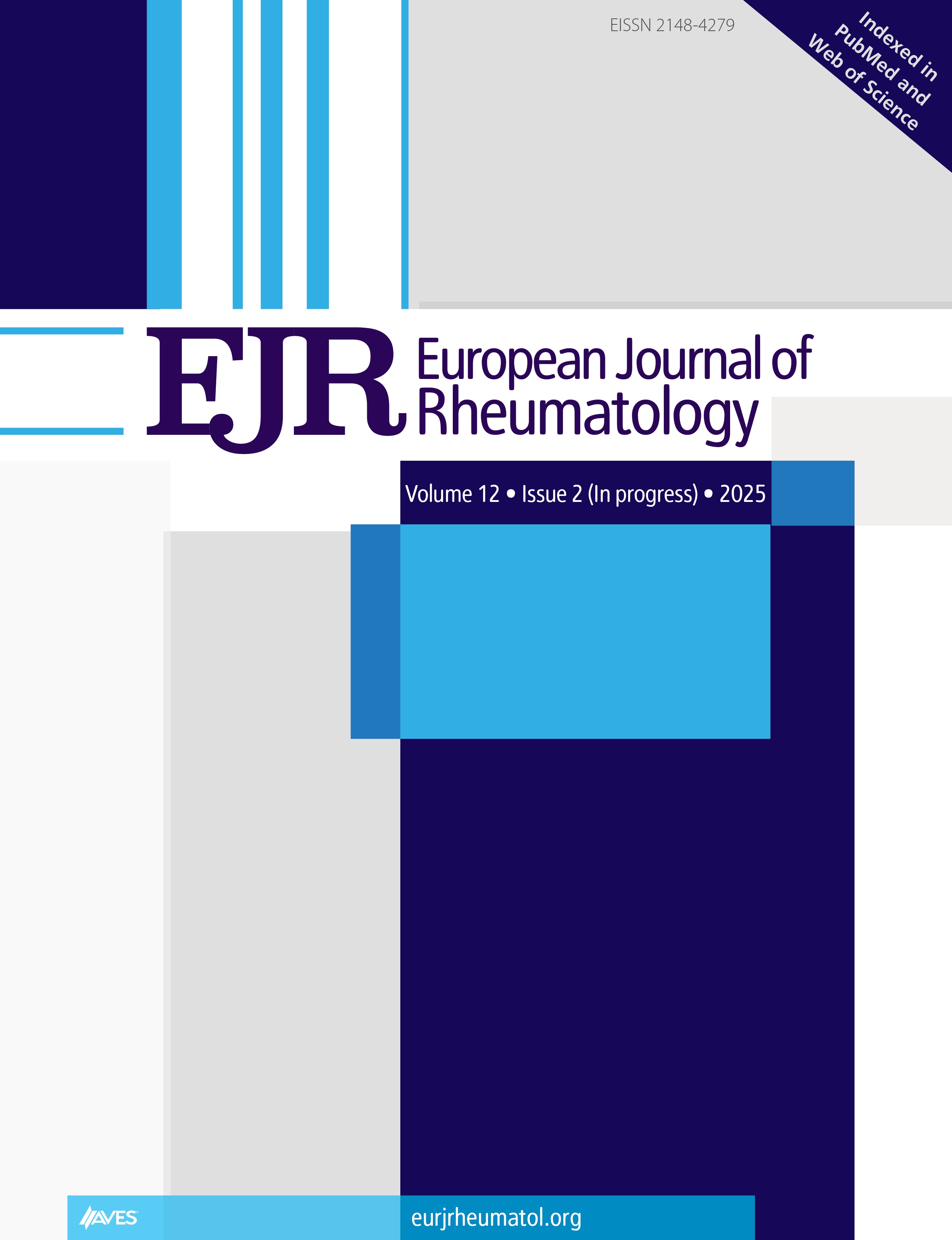Abstract
Three patients affected by Behçet’s disease (BD) with severe uveitis and neurological involvement in stable clinical remission and who rapidly relapsed after switching from reference infliximab (re-IFX) to biosimilar infliximab (bio-IFX) are reported. In order to observe the rules of local health authorities, two males and one female (38, 26, and 40 years old, respectively) with BD complicated by severe uveitis and neuro-Behçet and who were in prolonged remission, were switched from re-IFX to bio-IFX, with the same dosing regimen of 5 mg/kg intravenous infusions every 8 weeks. All three patients experienced disease flare-ups, with recurrence of uveoretinitis in the first patient, neuro-Behçet in the second, and uveitis and neuro-Behçet in the third after 1, 3, and 2 infusions, respectively. After appropriate washout of re-IFX, all three patients were administered subcutaneous adalimumab, with a dosing regimen of 40 mg/fortnight, and a good response was achieved. Our three patients with BD experienced a rapid disease relapse after switching from re-IFX to bio-IFX, possibly due to cross-reaction of anti-IFX antibodies. This outcome suggests the necessity to exercise caution regarding the automatic substitution of re-IFX with bio-IFX in patients achieving remission with re-IFX.
Cite this article as: Cantini F, Niccoli L, Nannini C, Cassarà, Kaloudi O. Rapid loss of efficacy of biosimilar infliximab in three patients with Behçet’s disease after switching from infliximab originator. Eur J Rheumatol 2017; 4: 288-90.



.png)